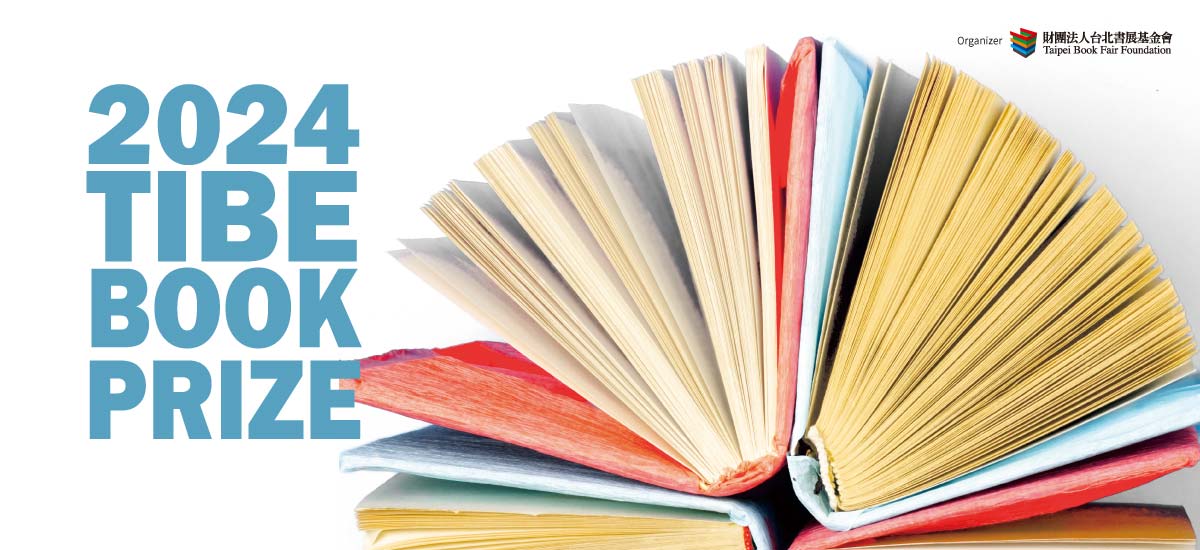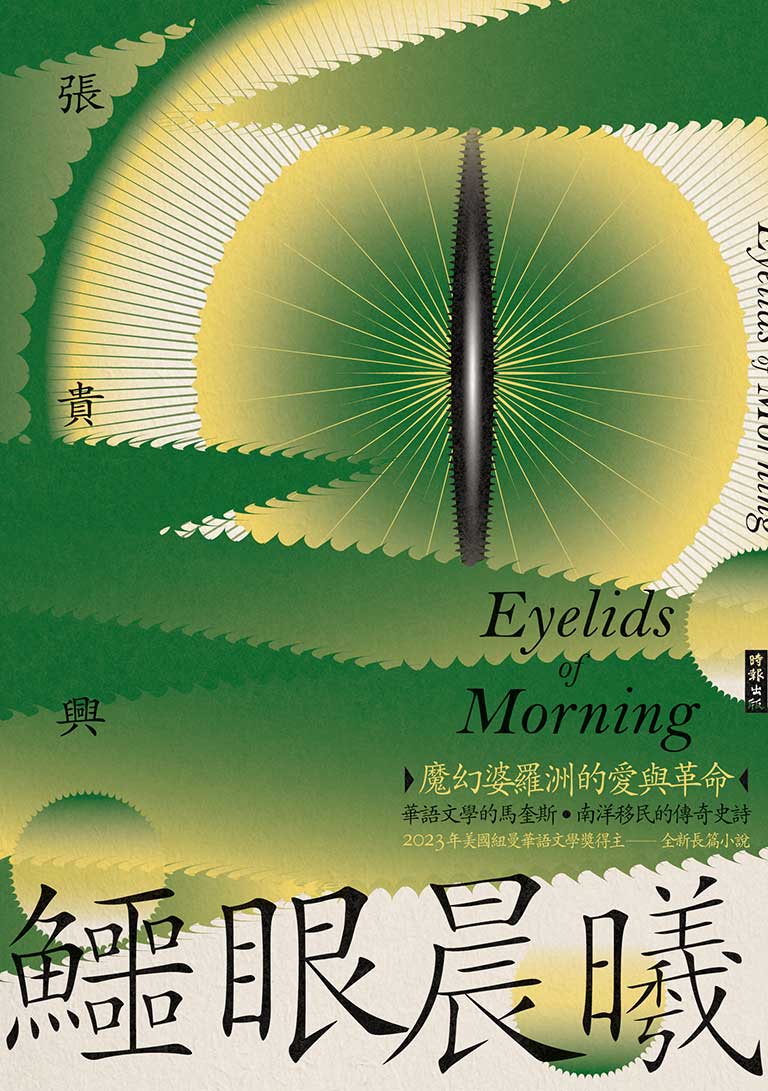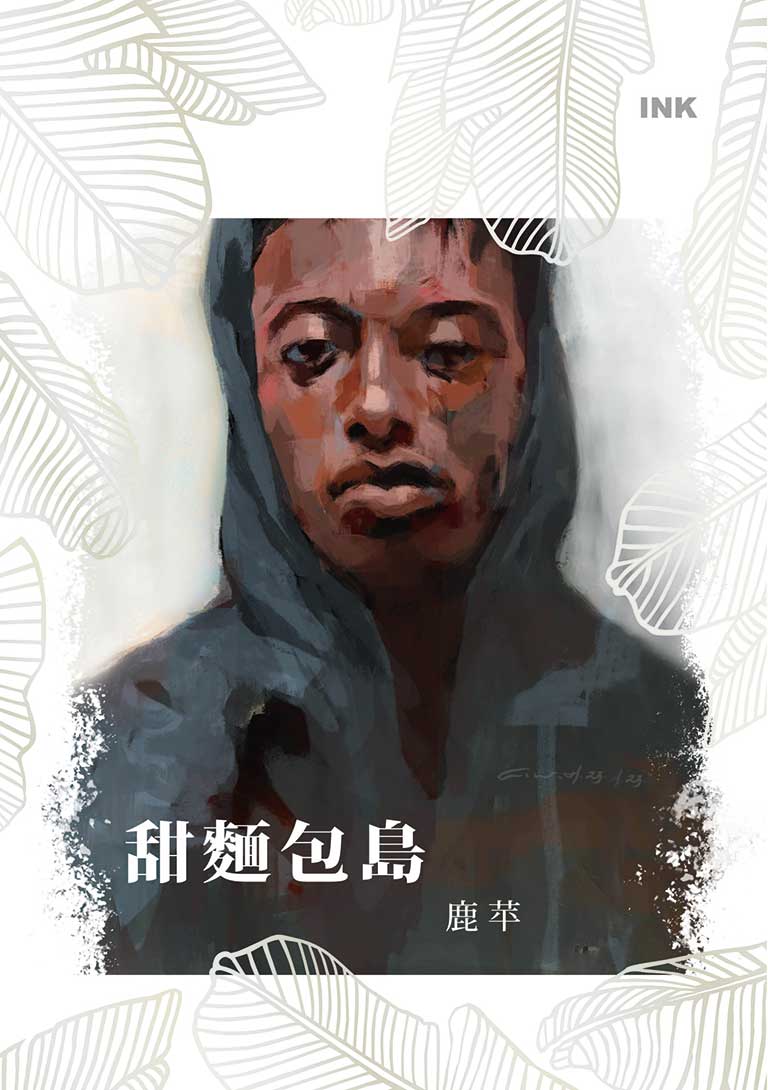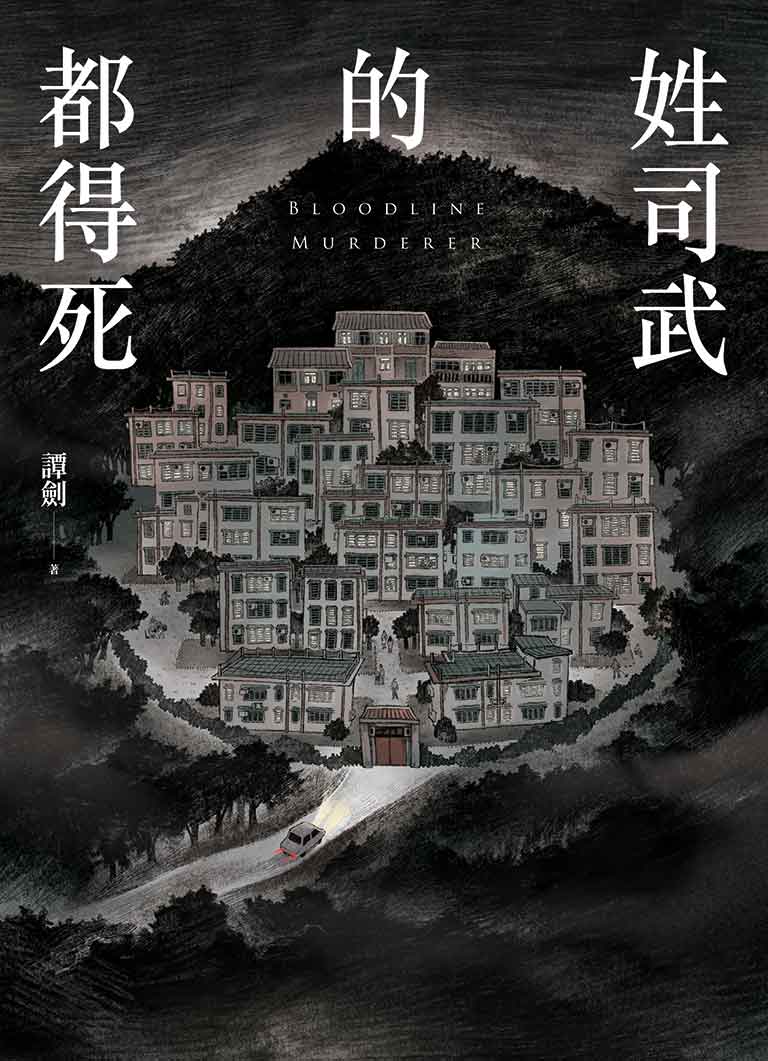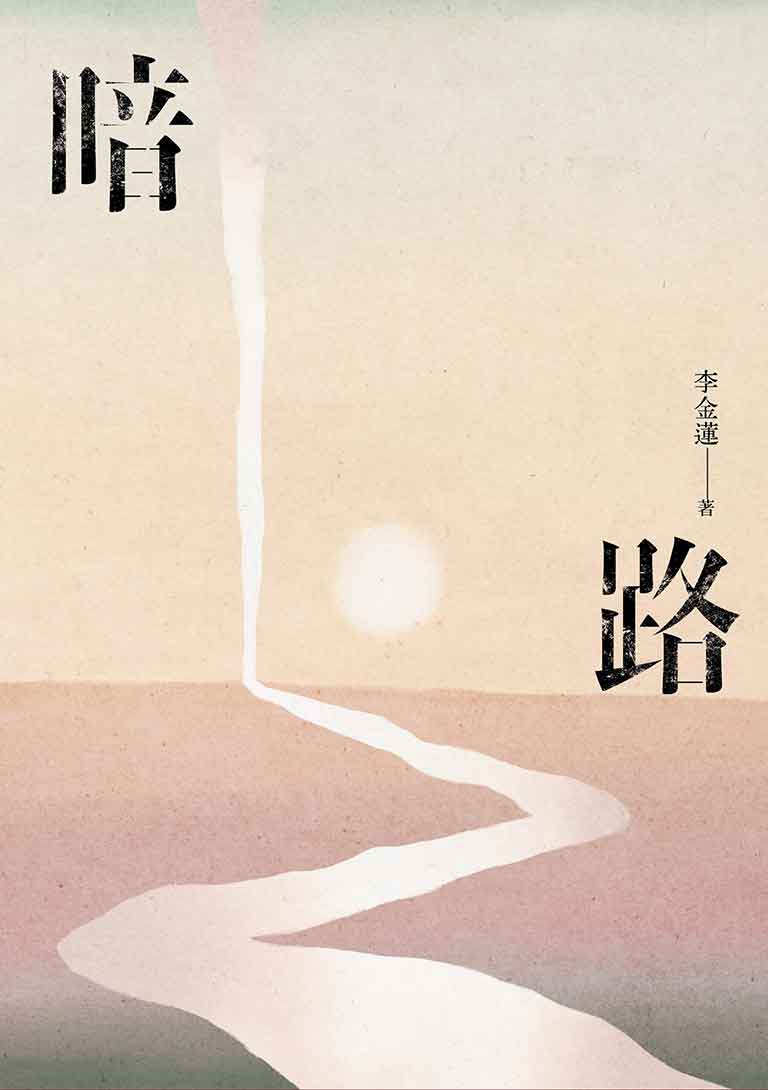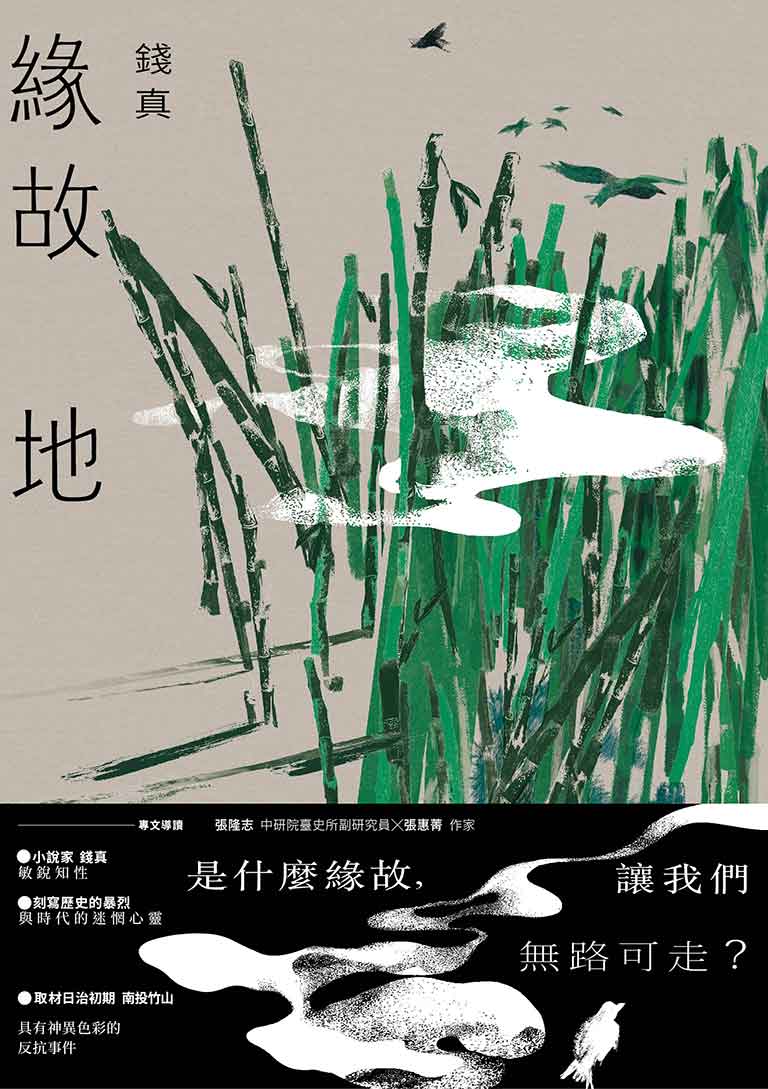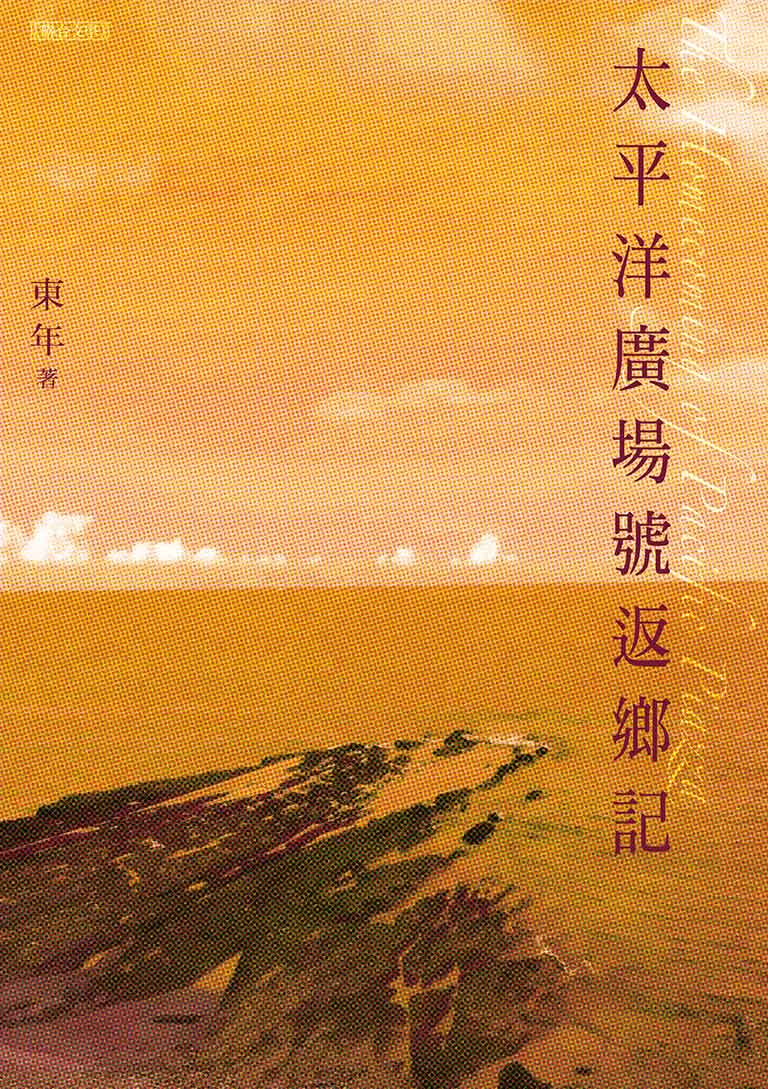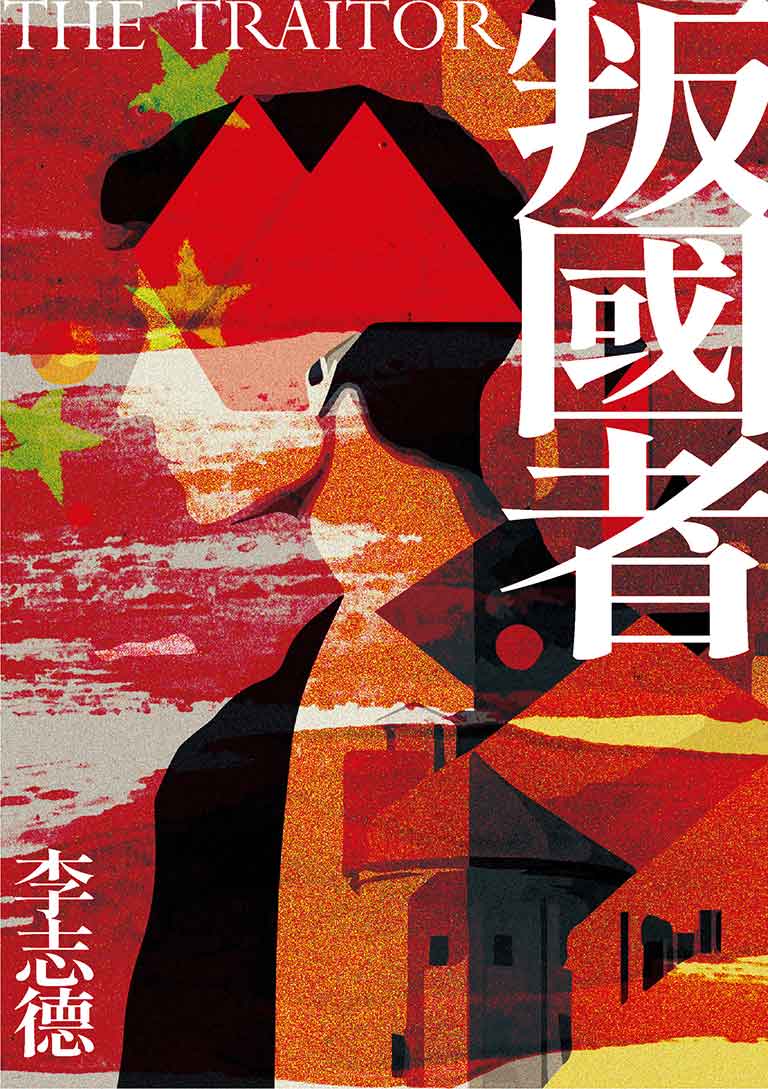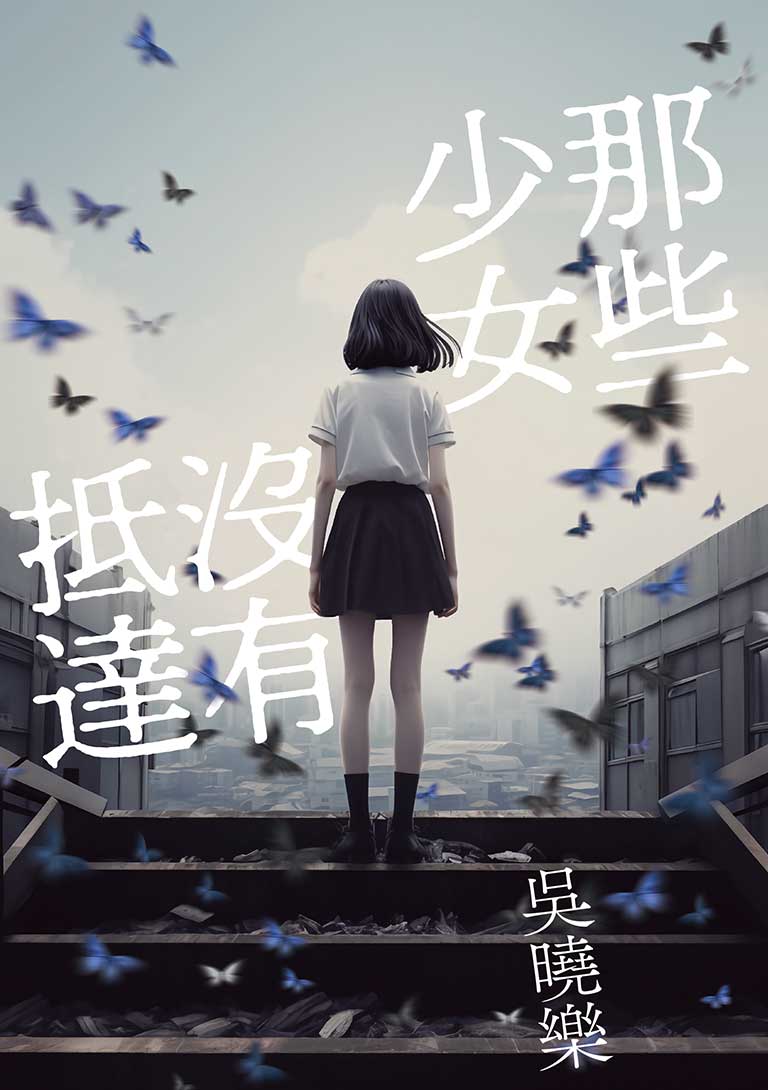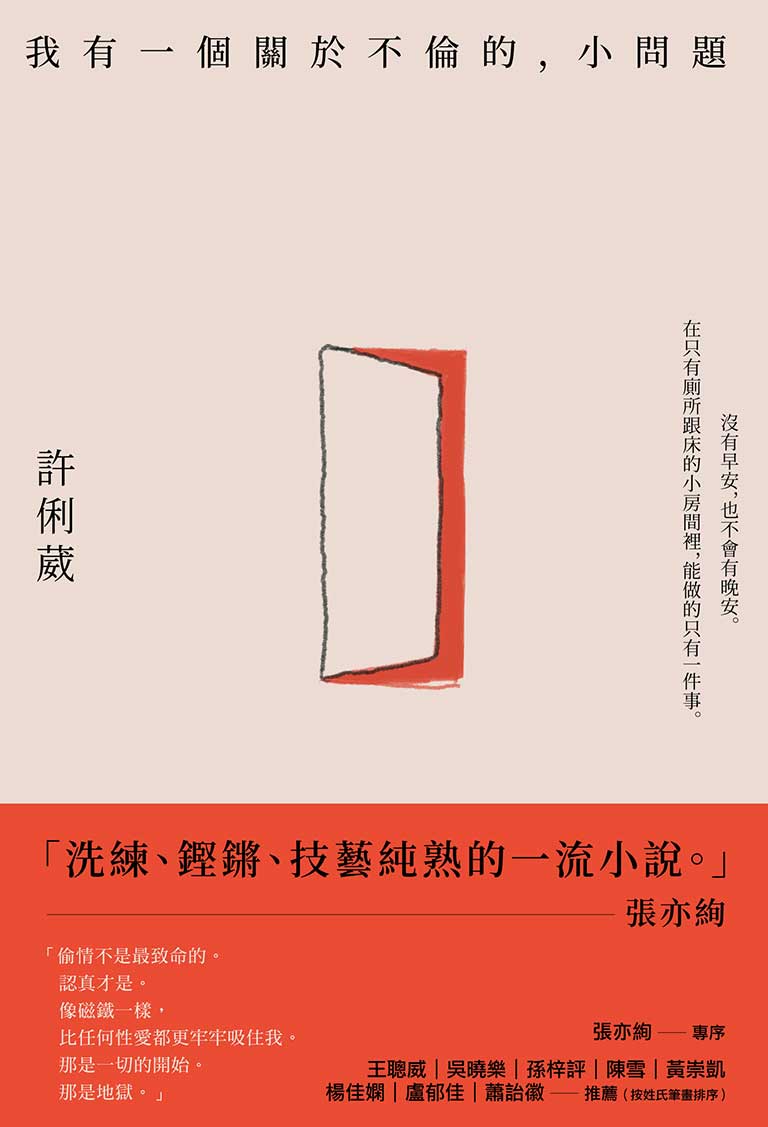2024 Taipei International Book Exhibition Grand Prize
Fiction Award Winners List

《Eyelids of Morning》
Publisher:China Times Publishing Company
The giant crocodiles of the Borneo rainforest. The crown jewels and diamonds of Britain. The revolution of Sarawak. A treasure hunt along the Gang Mi River…
A three-thousand-year legend of Chinese settlers. A three-million-year love and fate of the rarest kind.
Stars fell to the bottom of the sea. The earth split apart from soil to sky. As species perished, a crocodile shed a single teardrop. This is Nanyang at its darkest and most spectacular. Eyelids of Morning is Chang Kuei Hsing’s most important breakthrough of fiction writing.
–David Der-wei Wang, the Edward C. Henderson Professor of East Asian Languages and Civilizations at Harvard University
At its height, the British Empire spanned more than twenty percent of the Earth and its population. The Sun never set on British territories across twenty-four time zones. Shortly after the coronation of the young Queen Elizabeth II, the Crown Jewels mysteriously disappeared, resurfacing in Borneo. Major Marshall received an imperial order to find the lost royal treasures across the seas, especially the Star of Sarawak, which was rumored to shine under the Borneo night sky with a rosy splendor covering as wide a field as an ox could plow.
Tien Jin-shi migrated from China to Borneo at age 19. He started off as a “pig”—the pejorative term for Chinese laborers, but worked his way up to become an entrepreneur. He met James Brooke, the first king of Brooke Dynasty, accumulated a fortune that made him one of the richest in the Kingdom of Sarawak, and established the Zhen-Shun Company. When he retired, he gravely handed his only son, Tien Jin-hong, a kris—a curvy-bladed dagger of Malay. Tien Jin-hong traveled to Falling Cloud Village alone and encountered the peddler Fang Huang and Fang Wu, a father and daughter, while the umbrella craftsmen Xu Cai and Xu Lan brothers entered the scene. While Jin-hong regretted missing the coronation events and failing to see the Crown Jewels with his own eyes, his greatest sorrow was for the tragic moment in which he was too late to give a 72-carat diamond to his first love. In the final years of Jin-hong’s life, though he was unable to remember the name of his grandson, Jin-hong still could accurately name the jewels in the royal portraits hanging on the wall. On his deathbed, he asked his grandson, Tien Jin-shu, to find the lost harmonica and the Star of Sarawak.
Having never seen the Star of Sarawak, Tien Jin-shu was tasked with a most difficult mission. The hunt for the Crown Jewels ultimately spanned sixty years, with encounters strange and mad throughout. He recruited a group of faithful friends:Dropping Pepper, Ice Cream, the Fourth, Red Savage, Sister Three, and Eight Blades. They sailed on a longboat into the inland wilderness, through a month of heavy rain and thunder…
The Dark Skull pipe, scattered Sarawak Communists, the 116,360 hairs, prehistoric archaeological digs in Borneo, the fossil, diamonds, kris daggers, harmonicas, seven oil-paper umbrellas painted with a beautiful woman, and lifelong lovesickness of three men for a woman who died too early, whence the story begins.
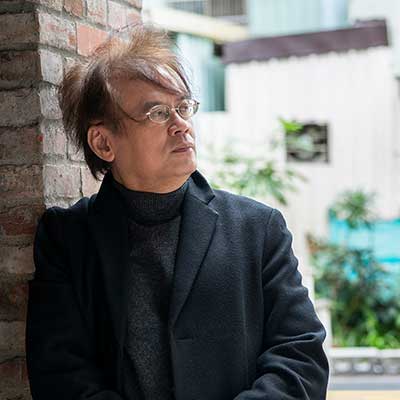
Zhang Guixing
Rights Contact:Whitney Hsu
E-mail:whsu@nurnberg.com.tw
W x H cm/pages/price:14.8×21 cm/448/NT$560
ISBN:9786263532083

《Sugar Buns Island》
Publisher:INK Literary Monthly Co., Ltd
This novel is dedicated to every island in the eternal ocean that was once colonized.
Within its pages, three lives serendipitously converge, each unfolding its unique narrative. A story of departure and return. A story of death and desire. A story of shackles and madness. Yet each story somehow related as the waves of the Caribbean Sea seep slowly into the depths of the human heart, echoing the eternal question of saint and sinner.
《Dry Season》
“As children, Rose and her friends considered the sugar bun shaped island just off the beach, resembling as it did a large ship swaying in the undulating waves of the bright shining sea, to be a most distant place.”
At age seventeen, Rose left her small island home for the gloomy city of London. With single-minded determination, she embarked on a markedly different life that what she had imagined staring out at the sugar bun island – education, work, marriage, and raising her children in the community with her fellow islanders. After a lifetime of toil, with her husband retired, they finally were able to exchange the expat life for a piece of their homeland and build their dream home on their small island. The ideal life she harbored for so long in her heart had arrived. It was not to be as her neighbors became the catalyst that transformed life into an interminable ordeal.
《Phases of the Moon》
“Slicing through the various layers of adipose tissue, one reaches the muscular stratum. After which the disconcerting nakedness of the exposed exterior fades as the colors and dimensions of each organ can be seen. These organs, shaded in a somber crimson, exude a profound serenity, akin to precious meteorites suspended in the vastness of the cosmos.”
Violet woke up and realized the sun had already set. Surprisingly, she found herself trapped in a pit overgrown with weeds. Gracefully, she climbed out and, guided by the moonlight, sought her way back home. During her mysterious journey, Roland recalled spending time with her father by the distant shores of Lake Ontario, the growing anticipation of moving to this small Caribbean island with her husband and their child until… stopping at the doorstep of their island home, she saw her husband, silent and trembling, horrified that she was missing.
《Cashew Bay》
“He was paralyzed within himself, all interest between sunrise and sunset lost; keeping everything that might cause him regret at arm’s length. Neither the sun nor the sea waves could manage to disturb him; rather he indulged in a decadence of sorts, detached from the world’s order, decisively gazing at the sky, as if guarding his own doomsday.”
Tata tiptoed to the window and through the rusty bars could see the ever-changing surface of the sea. Vaguely, he remembered the market outside the prison, the church bell, roasted bread, Salt Point Mountain, and that black-bellied snake. In profound solitude, he seldom spoke, his only concern being, “Did you see the snake?”
On a distant island, the souls, unable to confide in anyone, ebbed and flowed like the tides of the surrounding sea.

Lu-pin
Rights Contact:Jade Chen
E-mail:jadefish0221@gmail.com
W x H cm/pages/price:14.8×21 cm/248/NT$380
ISBN:978-986-387-663-2

《Bloodline Murderer》
Publisher:GAEA BOOKS CO. LTD
Bloodline Murderer (姓司武的都得死) is a gripping Hong Kong crime novel as well as a page-turner that unfolds over several decades, from the mid-80s to the present day. The story revolves around a fateful banquet organized by a powerful and traditional Hong Kong family. Tragically, more than fifty family members are poisoned to death, leaving only six survivors. Faced with the looming threat of their own lives being in danger, the survivors embark on a perilous quest to uncover the identity of the killer and the motives behind the massacre.
As the investigation deepens, it becomes clear that each of the six survivors harbors a dark secret tied to the shadowy underbelly of the patriarchal family. These secrets add layers of complexity and suspense to the narrative.
With its intricate plot, richly developed characters, and a backdrop of Hong Kong’s ever-evolving social landscape, Bloodline Murderer stands as a testament to the enduring allure of the crime genre and the complexities of familial bonds. The story serves as a metaphorical resistance against the enduring influence of Confucianism, a philosophical and ethical system that has profoundly shaped East Asian societies. Confucianism emphasizes the importance of hierarchical relationships, filial piety, moral cultivation, and social harmony. Despite the passage of time, Confucianism continues to wield significant power, guiding social norms, family structures, educational systems, and even government policies in East Asia.

香港「號外」雜誌
Albert Tam
Rights Contact:Yuju Shen/April Chang
E-mail:yuju@gaeabooks.com.tw / april@grayhawk-agency.com
W x H cm/pages/price:14.5×20 cm/368/NT399
ISBN:9789863199342

《Lights and Shadows》
Publisher:Chiu Ko Publishing Co.,Ltd
Rich and sensational, this collection of seven short stories—which Li Jin-Lian spent five years to craft and write—reflects the encounters of nobodies who are worn out by their lives. Seven stories, seven kinds of modern loneliness: the sense of loss in an unrequited love, the emptiness left by absent children, the sorrow of old-age sickness, the desolation marked by unrealized hopes and dreams, the alienation of kinship, the solitude behind marriage, and the budding and withering of love and youth.
With precision and subtlety, Li creates a vivacious embroidery of common folks in well-ordered fragments. In the artful interweaving of seemingly trifles of families, Li manifests the dilemmas at different ages. Li not only vividly captures times in miniatures such as hand-written love letters and household manufacturing, but also momentously brings to light the loneliness of mundane lives with bottled-up insecurities and resentments. Li writes in her stories faint, repressed, but touching feelings. The struggles of ordinary women and men beneath shadows are played out through the smooth texture of Li’s words—at times warm, at times melancholic; leaving an unforgettable etch in our minds.
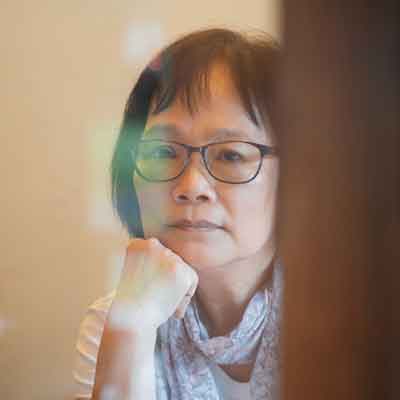
Li, Jin-Lian
Rights Contact:Wanhua Chuang
E-mail:Light@chiuko.com.tw
W x H cm/pages/price:14.8 × 21 cm/224/NT$320
ISBN:978-986-450-583-8

《The Connection Land》
Publisher:Acropolis Publishing House, an Imprint of Alluvius Books Ltd.
The Connection Land is a masterful work by the hand of the Taiwan Historical Novel Award-winning author, Chien Chen (錢真). With the story’s stage set in the author’s hometown of Jhushan in Taiwan’s landlocked, mountainous Nantou County, the book, written in mystical shades and tones, takes the threads of the story from the events of a fateful uprising during the Japanese Colonial Period called the “Tíng-nâ (頂林)Incident.” The “Tíng-nâ Incident,” also known as the “Lîm-kí-poo (林圮埔)Incident,” flared up in 1912 due to issues over land production rights for vast tracts of bamboo forests in Nantou, which led to a rebellious attack on a police precinct. Through Chien Chen’s literary acumen and finesse, we revisit modern-day issues of land ownership justice through the lens of this important resistance movement. At the same time, this novel highlights a time when Taiwanese were experiencing a change in rulers and the barging in and stationing of “civilized” society, forced to straddle back and forth between systems both old and new, uncertain of which path to take. Through a tranquil and relaxed writing style, Chien Chen guides the reader in search of the tumultuous tremors of the baptism of modernization experienced by Taiwanese, the complex relationships between “colonizer” and “colonized,” as well as the deep-rooted affinity people have towards the land. Why do people get along together? Why do they go their separate ways, resist, and perish? These are a few of the questions Chien Chen answers with a deftly exquisite pen, illustrating a period of seldom-known history, filled with both barbarity and warmth. The following is the plot synopsis:
A bamboo harvester by the name of Lâu Sù has removed himself far away from the turmoil and pressures of the outside world, living alone near the bamboo forests. On a winter day in 1909, he’s paid a visit by a close friend of many years—the divining and fortune-telling, curse and blessing revealing Lâu Khiân. Khiân tells Sù that he’s on the lam, being pursued by patrolmen from the Kiunn-á-liâu police precinct and pleads with Sù, hoping Sù will hide and protect him. At the time, the Japanese colonial administration of Taiwan, the Governor-General’s Office, places large tracts of the riverine land along the Tshing-tsuí Creek—an expansive and sprawling land of bamboo forests that used to be freely pioneered and opened up, governed by “connections of affinity” — under the control of government officials, listed the lands under the moniker of a “model bamboo forest.” The Governor-General then entrusts the management and operation of the land to the Mitsubishi Paper Company. This heavy-handed decision becomes an attack on the livelihood of local bamboo farmers and traditional craftsmen and papermakers. Our protagonists, Lâu Khiân and Lâu Sù are joined by a widow who believes in the divine aid and blessings of the Kuanyin Bodhisattva; a once-influential bamboo farmer who’s fallen on hard times; a youth with a keen interest in papermaking; a Taiwanese patrolman stationed at the Tíng-nâ Precinct; Japanese policemen and their family dependents, and others. The lives of these residents in this mountainous area interweave, creating connections or colliding in conflict. Ultimately, the built-up tension leads to the outbreak of a “rebellion.” Out of all the plaintiffs in the case, only one person was let go without charges. Following the event, the problems of the bamboo forests continued to fester and smolder unseen, eventually igniting Taiwan’s larger farmers’ movements of 1925.
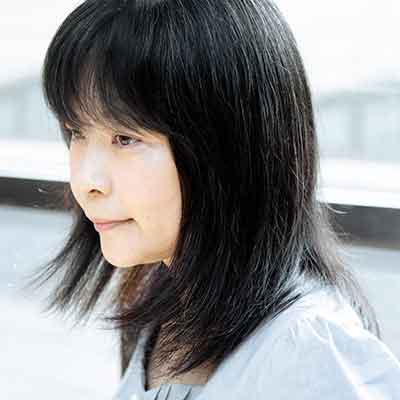
提供:幼獅文藝
CHIEN, YING-CHEN
Rights Contact:Sara Sung
E-mail:sara.song@bookrep.com.tw
W x H cm/pages/price:14.8 × 21 cm/374/NT$380
ISBN:9786267052792

《The Homecoming of Pacific Piazza》
Publisher:Unitas Publishing Co., Ltd.
After more than 40 years away from home, the South African captain of the “Pacific Plazza” Lin Zhihong returned to his hometown to find out about his parents who disappeared in the 228 incident. Reuniting with old friends and bringing out historical traumatic experiences through chatting and reminiscing, Lin Zhihong stepped into the mystery of his life experience and confirmed his love for human beings and the world. However, he was also hit by complex and intense nostalgia, which made him unable to control himself for a long time…
Xiao Yiling: How can contemporaries in a community of shared future be closely connected? How to face a common future? Is it healing through mutual support? The wisdom of a sailor who leaves no trace when a ship passes through water? Or is it a self-admonition to “use childhood to treat your life, rather than use your life to treat your childhood”?
Wu Ruiren: The ocean is not only the path to the world, but also a part of the world. Lin Zhihong did not sink in the ocean, but was taken in by the ocean. On the other side of the sea, he found another home, another life, another name, and another kind of salvation. Lin Zhihong, who has returned to his hometown, is no longer just a Taiwanese.
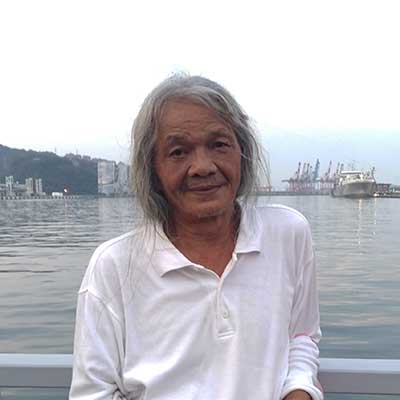
Chen Shunsian
Rights Contact:Wang Yurun
E-mail:yurun.wang@udngroup.com
W x H cm/pages/price:14.8 × 21 cm/272/NT$380
ISBN:978-986-323-461-6

《The Traitor》
Publisher:Mirror Fiction Inc.
Huang Minchong was arrested by the Chinese Communist Party.
In the 1990s, when cross-strait exchanges resumed, the intelligence war between the CCP and Taiwan became heated. The Taiwan Intelligence Bureau turned two generals, the highest-ranking PLA officers since the separation of the two sides of the Taiwan Strait, to create the “Xuanwu Project” in order to obtain the CCP’s confidential military information.
In the spring of 1999, intelligence agent Huang Minchong went to the mainland alone. Unexpectedly, when he made contact with the veteran general, he was not greeted with his familiar code and greetings on the other side of the line, which gave him a deep feeling of misfortune. While worrying about the veteran general’s safety, he quickly drew up an evacuation route, but he was escorted by black-clothed cadres just as the evacuation flight was about to take off.
A series of tortures and torments allow Huang Minchong to gradually clarify the ulterior motives behind the Xuanwu Project: the choice between patriotism and treason, the machinations of power and position in the official world, the division of interests among intermediaries and the emotional entanglements of the big time. Intelligence warfare is like a chess game, but Huang Minchong doesn’t dare to think about whether he has already become a pawn in this game.
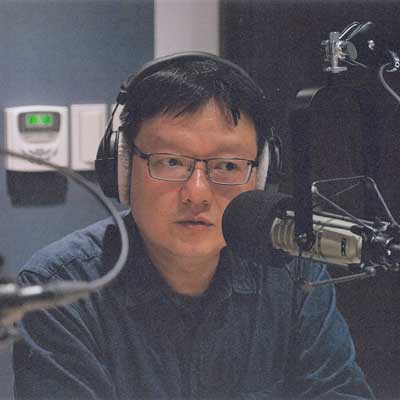
Lee Chih-Te
Rights Contact:Brian Chen
E-mail:brianchen@mirrormedia.mg
W x H cm/pages/price:15 × 21 cm/336/NT$430
ISBN:978-626-7229-41-5

《Everything she fails to achieve.》
Publisher:Mirror Fiction Inc.
Yi-Kuang Wu never expected to live past the age of seventeen, never expected to become a teacher, and never expected her students to leap from the roof.
The death of the young girl leaves the gifted girls’ school in a state of anxiety, with teachers and students desperate for answers, either to allay their fears, to deal with the media, or to reassure themselves with a clear line of responsibility – I had nothing to do with her death.
As a mentor, Wu Yiguang tries to clarify the reasons for the young girl’s death, to find an answer that is reasonable, certain, and reassuring, both for the people and for herself.
She finds clues in the young girl’s ordinary life, but she also uncovers her own dilemmas over and over again in her inquiries: her marriage to her husband was a formality, her mother had no control over her life, and the self that she should have destroyed long ago.
That self responds to her, “You wanted to kill yourself so badly when you were seventeen, but you didn’t. Your student did. ……”.
“I’m sorry. I thought I survived. But I didn’t.”

Wu Xiaole
Rights Contact:Brian Chen
E-mail:brianchen@mirrormedia.mg
W x H cm/pages/price:15 × 21 cm/336/NT$450
ISBN:9786267229620

《I’ve Got a Little Problem》
Publisher:Yuan-Liou Publishing Co.,Ltd
This novel is a first-person narration, describing the emotional fringe experience between “I” and a married man named Charlie. I thought I was strong and rational enough to take control of everything while having curious love and experiencing a ” moderate ” body. Gradually, I realized that the only one trapped in that darkness was myself.
In the novel, “I” raised my confusions and questions about sex, love, marriage, and family to Charlie, myself, the other men and the world.
The author writes about the other men’s anxiety, emptiness, loneliness and endless self-struggle within the social structure and love relationship.
The writing is sharp, and powerful, showing a unique literary voice and conveying the different vision of the new generation from the previous one.
Zhang Yixuan said, “This is a concise, sonorous, and skillful first-class novel. It has an ingenious structure and meticulous layers.”
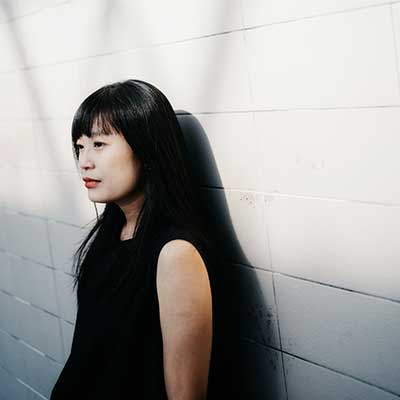
HSU LI WEI
Rights Contact:Jennifer Wang
E-mail:jenny@ylib.com
W x H cm/pages/price:12.8 x19 cm/248/NT$350
ISBN:978-626-361-092-7


